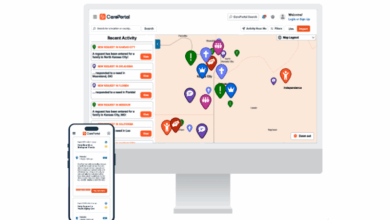Christians continue to grapple with proper role of artificial intelligence

The rapid rise of artificial intelligence has led to interesting questions about the future roles of humans and AI. The Barna Group and the technology platform Gloo recently asked both Christians and the general U.S. population, “Which do you feel AI could do better, and which do you feel a human could do better?”:
- Most believe spiritual counseling (86 percent) and mental health counseling (84 percent) could be better done by humans.
- Two in three Christians believe AI could perform administrative tasks such as scheduling or planning as well as or better than humans.
- Just over half believe AI could organize music set lists as well as or better than humans.
- Half of Christians see AI as equal to or better than humans in giving church budgeting advice.
- Although 63 percent see humans as being better at writing and developing sermons, 32 percent see AI as being an equal or better alternative.
“We know from our recent research findings that most people, not just Christians, are navigating where and when to use AI in alignment with their personal values,” said Steele Billings, head of AI at the data mining company Gloo. “It’s no surprise that most Christian adults believe ministry tasks requiring a personal touch should be done by humans. But what may be surprising to most ministry leaders is that many Christians are optimistic about using AI beyond just everyday administrative tasks.”
READ: Americans more fearful than hopeful over AI
In response to how much U.S. adults personally approve of AI-generated art being treated like manmade art:
- Fewer than half approve of AI-generated literature.
- Roughly two in five U.S. adults strongly disapprove of AI-generated music using the voices of music artists.
- Thirty-eight percent also strongly disapprove of AI-generated art imitating the style of a famous artist.
- Younger people embrace AI in creative fields, with 61 percent agreeing that AI can contribute to art, music and storytelling, compared to just 32 percent of boomers.
“The research shows gradual but dynamic shifts in how individuals engage with this technology from ethical considerations to a desire for greater competency in its use,” said Ashley Ekmay, lead researcher at Barna. “As AI continues to evolve, there are signs that people are increasingly grappling with its implications.”
–Alan Goforth | Metro Voice






